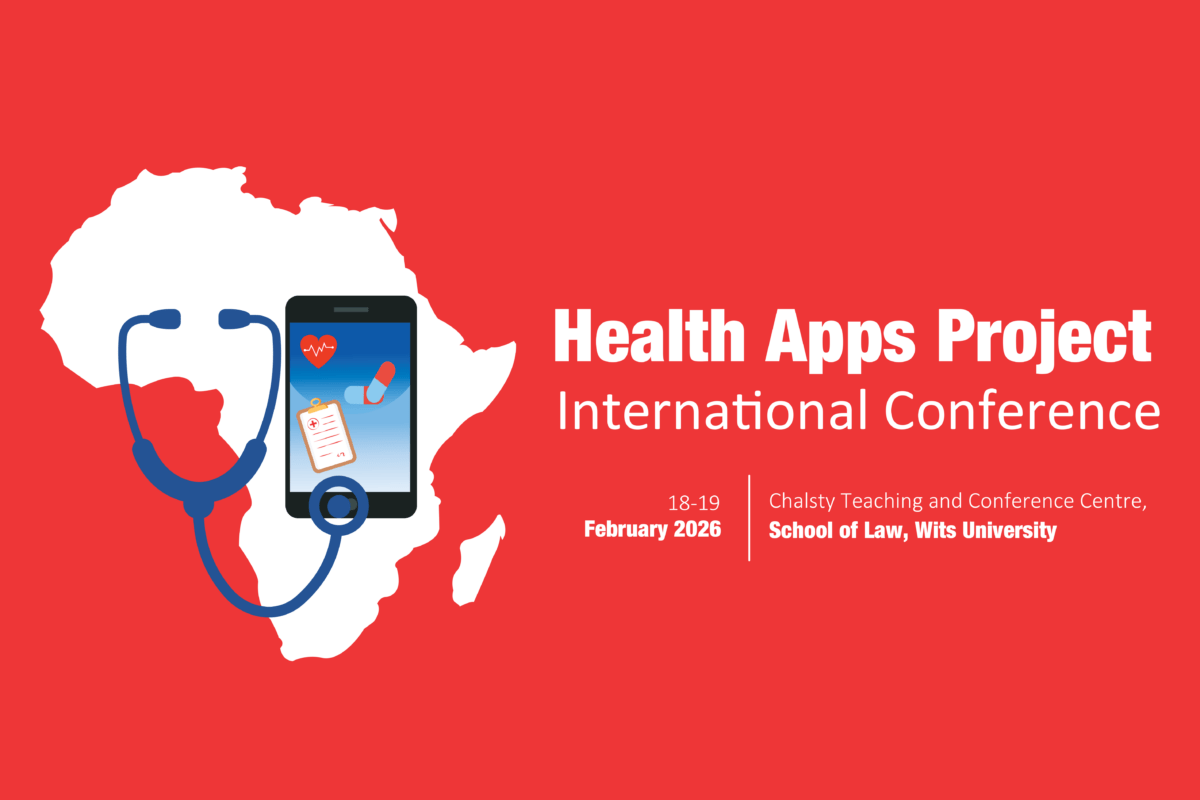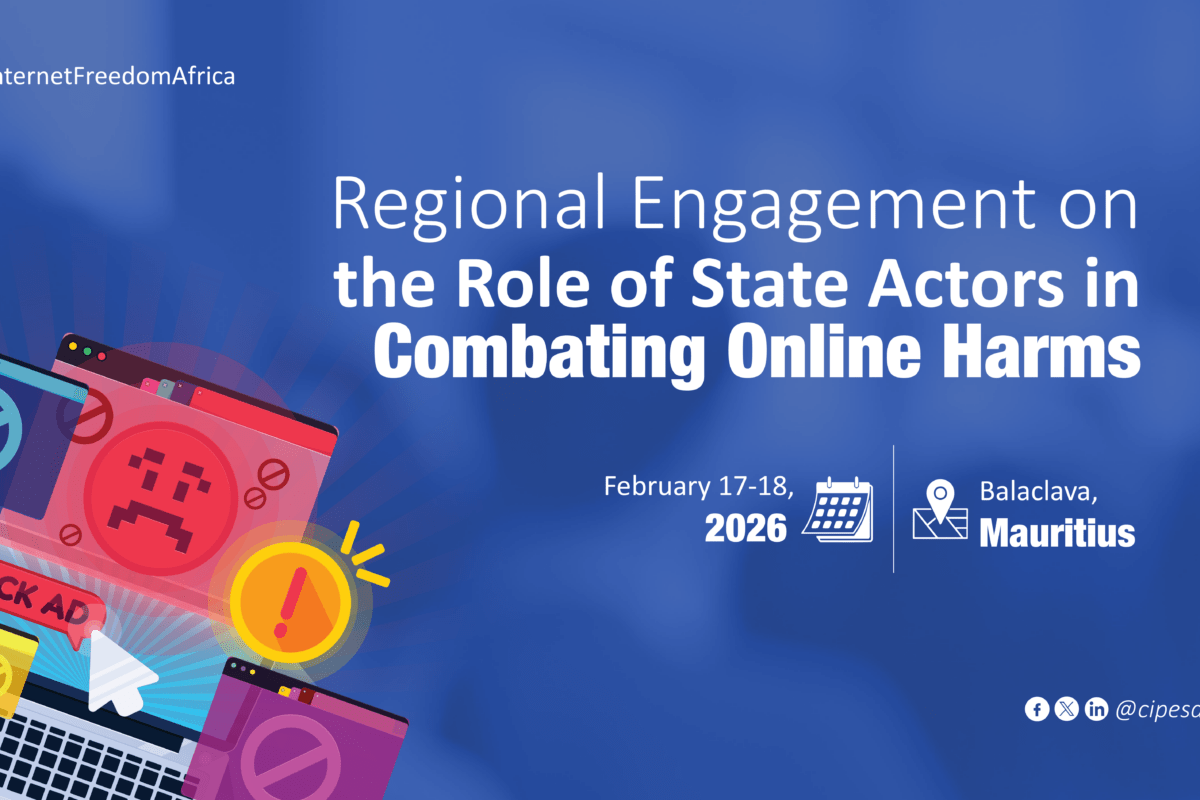By Milliam Murigi |
African governments have been urged to move beyond pilot projects and develop a Digital Public Infrastructure (DPI) that is open, secure, nationally owned and capable of operating at a full national scale to truly serve citizens.
This call was made today in Morocco during the launch of the MOSIP Connect 2026 conference. Speaking at the event, Prof. Debabrata Das, Director of the International Institute of Information Technology (IIIT) – Bangalore, emphasized that DPI cannot remain at the pilot stage indefinitely.
“DPI must be scaled to operate at national levels,” he said, highlighting that such systems are not just technology projects but national assets that underpin citizens’ access to services like education, health, social protection, and payments.
DPI refers to government-backed digital systems and platforms designed to provide citizens with secure, accessible, and efficient services. These systems include national digital IDs, e-government portals, digital payment platforms, and health and social service databases.
Across Africa, countries are making significant strides in implementing DPI, though progress varies widely. Ghana’s national ID system, the Ghana Card, has been linked to banking, mobile verification, and social services, while Rwanda has achieved over 90 percent coverage of adults with digital IDs integrated into multiple government services.
Kenya’s Maisha Namba program seeks to consolidate several identity databases into a single, unified platform. Despite these advances, many initiatives remain fragmented or confined to pilot projects, limiting their ability to deliver services nationwide.
Prof. Das stressed that for DPI to deliver real public value, it must be open-source, secure, respect national and data sovereignty, and be designed to evolve with changing policies, technologies, and citizen needs.
“DPI is not regular software development. When embraced, it becomes part of the relationship between citizens and the state. That means it must be based on evidence, transparency, accountability and continuous learning.”
According to him, six principles should guide next-generation DPI development: open-source technology, respect for national and data sovereignty, neutrality in partnerships, reusability of systems, commitment to national-scale deployment and the ability to evolve as policies, technologies and citizens’ needs change.
Additionally, he added that building successful national digital systems requires three elements working together: strong technology platforms and standards, governance structures that ensure accountability, and institutional and user capacity to adopt the systems. Without all three, pilot programs risk failing to scale.
“Data creates power. Countries must retain control over the data generated through digital systems. This is why sovereignty considerations are central to MOSIP’s approach when working with governments,” he added.
The Modular Open Source Identity Platform (MOSIP) a IIIT-Bangalore project, offers countries modular and open-source technology to build and own their national identity systems. The project aims to provide governments with the tools for meaningful digital transformation, established on a bedrock of good principles and human-centric design.
Speaking at the same event, Abdelhak Harrak, Director of Information Systems and Telecommunications, Ministry of the Interior, Kingdom of Morocco said that the success of a digital identification system does not rely solely on technical solutions, however advanced they may be, it also depends on strong governance and the sustained mobilization of teams responsible for rigorously managing complex transformations involving numerous field actors. It is this synergy that ensures both the security and the sustainability of a national identification system.
“Technology alone cannot drive change; it is the alignment of people, processes, and purpose that turns innovation into lasting impact,” said Harrak.
He also highlighted the role of private-sector and civil-society partners in building sustainable digital ecosystems. He described them as “essential” rather than peripheral, noting that innovation often comes from organizations that build localized solutions on top of open platforms.
This article was first published by Science Africa on February 12, 2026.





